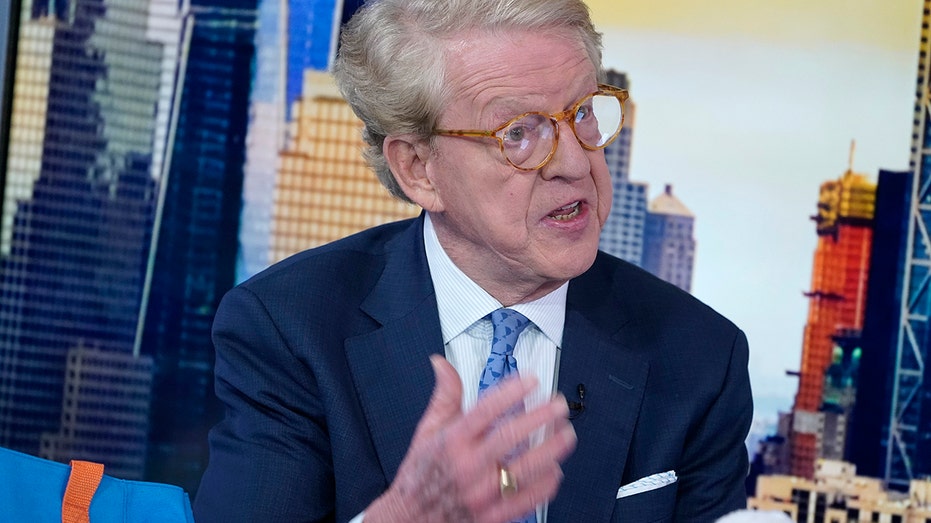Aflac CEO says company adapted to health care in a 'post-COVID world'
Dan Amos has been the CEO of Aflac since 1990
Aflac adapted to healthcare changes in a post-COVID world: Dan Amos
Aflac CEO Dan Amos discusses the insurance company's strong Q3 earnings report and addresses rising health costs on 'The Claman Countdown.'
The CEO of Georgia-based Aflac insurance spoke out Thursday on how the company has adjusted to health care and its costs in the wake of the coronavirus pandemic.
Dan Amos told "The Claman Countdown" Thursday that the company has taken note of how people's health care habits and employment situations have changed and adjusted policies to match the new normal.
Host Liz Claman challenged Amos on the fact the "cost curve" for health insurance across the spectrum has not bent downward, and that coverage remains unaffordable for many Americans.
Amos replied that, generally speaking, the way insurers have always tried to bring costs down is to institute high copays and higher deductibles, because they lead customers to evaluate whether it is necessary to seek medical attention for a particular ailment.
SHARK TANK STARS REVEAL KEY SECTORS OF GROWTH AMID STIFLING INTEREST RATES

Aflac CEO Dan Amos visits "Mornings With Maria Bartiromo" at Fox Business Network Studios on September 14, 2022 in New York City. (Photo by John Lamparski/Getty Images) (John Lamparski/Getty Images / Getty Images)
Without such a practice, people could be filling up doctor's offices and ERs, mixing in with those patients who actually need urgent care.
"Our products are bought for people predominantly at the workplace. So almost all of our people are working and so they can afford it in many cases better than, say, other situations. So we're very careful in the way we approach the customers that need to own our type products," he said.
SHARK TANK STAR WARNS REAL ESTATE DOOM LOOP HAS NOT IMPROVED
Santa Claus is coming, but market won't rally for rest of year: Kenny Polcari
SlateStone Wealth chief market strategist Kenny Polcari discusses whether the stock market will remain hot on hopes the Fed is done raising rates on 'Making Money.'
"But the good news is it continues as those deductibles and copays go up. People want to fill those voids, and we fill the gap by doing that."
Specifically regarding post-COVID, Amos said the average length of a hospital stay per patient continues to drop, which means policies must be adjusted to meet the needs of today's patients.
US is facing its ‘greatest fiscal crisis’ in history: Rep. Bob Good
Rep. Bob Good, R-Va., discusses the U.S. debt situation as Biden proposes a new $106 billion aid packages for Israel and Ukraine aid on ‘Cavuto: Coast to Coast.’
"So if you've got indemnity policies that just pay every day you're in the hospital, they're not going to get as many benefits. So we've changed to do outpatient treatments and things of that nature, which make a big difference," he said.
"We encourage people to go to the doctor and for that we help pay to cover that. So these are things that make it makes a difference."
With cancer screenings being recommended earlier and earlier in life, he added, Aflac has begun covering mammograms and other procedures at younger ages to match medical needs.
"So all of these things tie together to, I think, ultimately make sales stronger for us. And we've seen that our sales are up about 12 and a half percent in Japan and about 7 percent in the U.S.," Amos said.






















